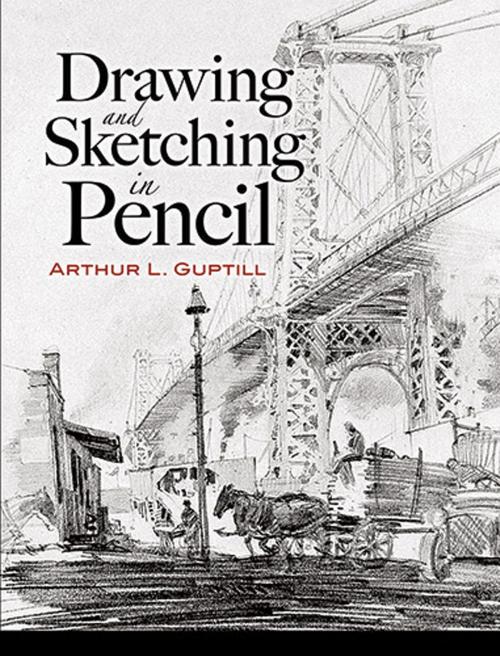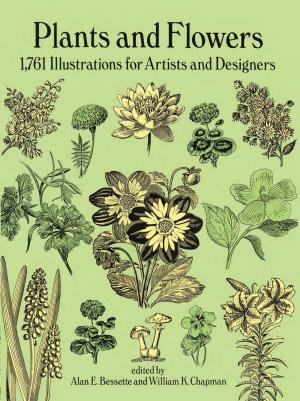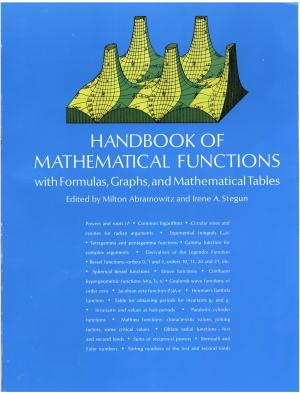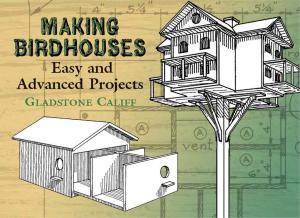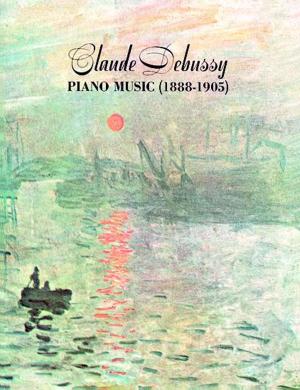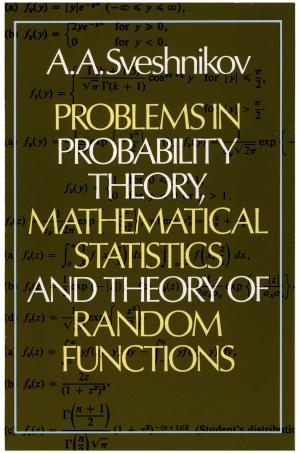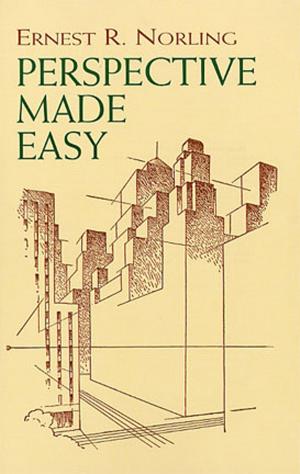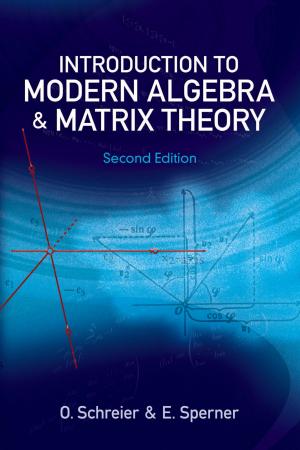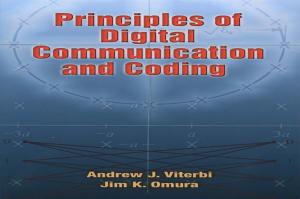Drawing and Sketching in Pencil
Nonfiction, Home & Garden, Crafts & Hobbies, Art Technique, Drawing, Art & Architecture, General Art| Author: | Arthur L. Guptill | ISBN: | 9780486136486 |
| Publisher: | Dover Publications | Publication: | March 8, 2012 |
| Imprint: | Dover Publications | Language: | English |
| Author: | Arthur L. Guptill |
| ISBN: | 9780486136486 |
| Publisher: | Dover Publications |
| Publication: | March 8, 2012 |
| Imprint: | Dover Publications |
| Language: | English |
This classic guide offers clear, concise instruction in the basics as well as the finer points of pencil drawing. Appropriate for beginning and intermediate students, it features sixty-six well-chosen illustrations that encompass a wide range of subjects — mainly architectural, but also people, animals, and landscapes — and demonstrate a tremendous variety of techniques.
An architect, painter, art director, and teacher, Arthur L. Guptill wrote several popular books on drawing. He begins this two-part treatment, aimed at architects, artists, and students, with discussions of drawing objects in outline and in light and shade, the principles of freehand perspective, methods of cast and life drawing, and sketching animals. The second part examines the choice of subjects and drawing in outline and in flat and graded tones. The important subject of composition receives considerable attention, with particular focus on unity and balance. Additional topics include working from photographs and from nature, the representation of buildings — including exteriors, interiors, and street scenes — and portraying details and accessories, from furniture, draperies, doors, and windows to clouds, water, and trees.
This classic guide offers clear, concise instruction in the basics as well as the finer points of pencil drawing. Appropriate for beginning and intermediate students, it features sixty-six well-chosen illustrations that encompass a wide range of subjects — mainly architectural, but also people, animals, and landscapes — and demonstrate a tremendous variety of techniques.
An architect, painter, art director, and teacher, Arthur L. Guptill wrote several popular books on drawing. He begins this two-part treatment, aimed at architects, artists, and students, with discussions of drawing objects in outline and in light and shade, the principles of freehand perspective, methods of cast and life drawing, and sketching animals. The second part examines the choice of subjects and drawing in outline and in flat and graded tones. The important subject of composition receives considerable attention, with particular focus on unity and balance. Additional topics include working from photographs and from nature, the representation of buildings — including exteriors, interiors, and street scenes — and portraying details and accessories, from furniture, draperies, doors, and windows to clouds, water, and trees.
